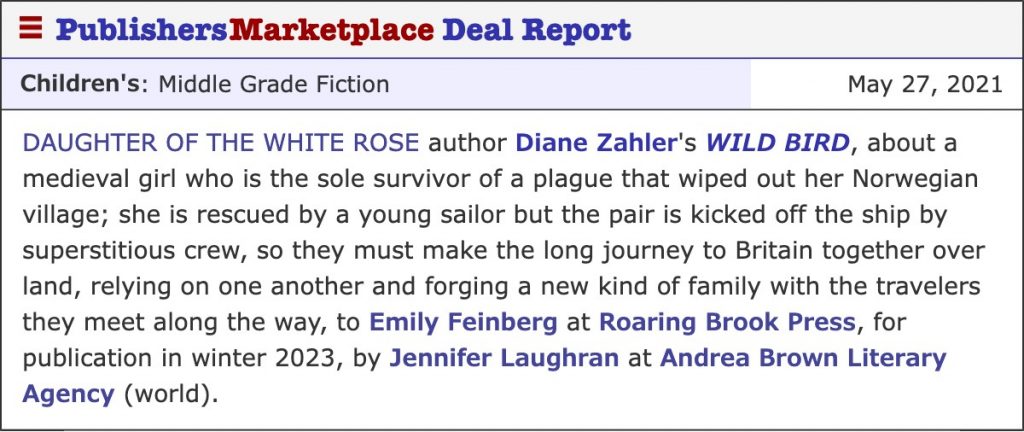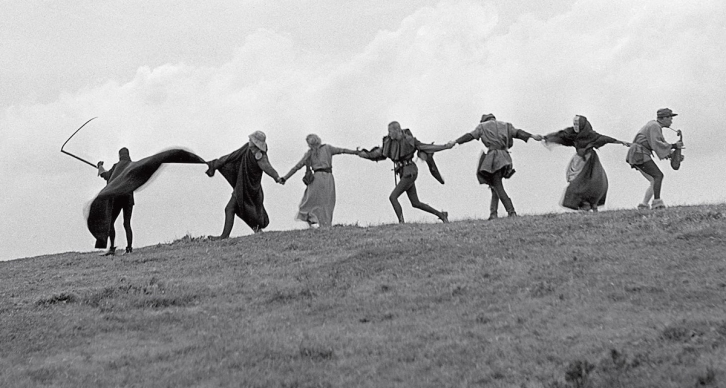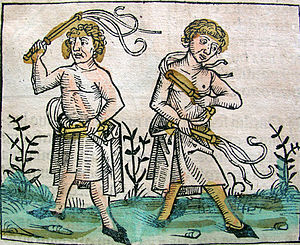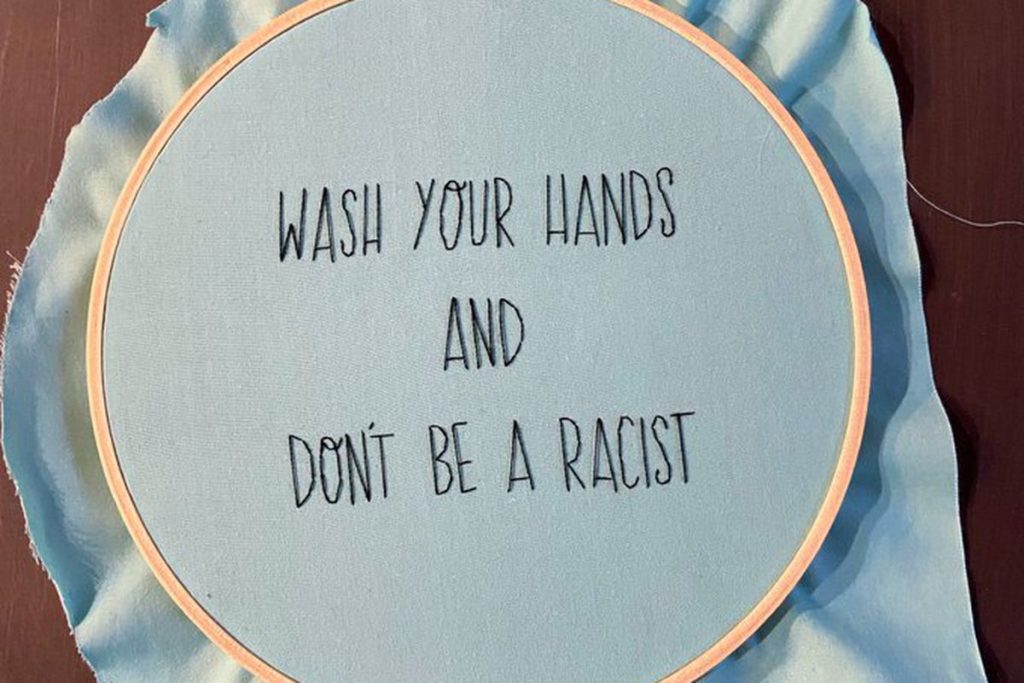I wrote Wild Bird before Covid-19 hit. Really I did.
I’ve been kind of obsessed with the bubonic plague since I was in high school. I wrote my first research paper on it. I’ve 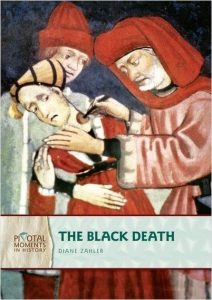 written an entire nonfiction book about it. There’s something about the combination of the time period — the Middle Ages — and the event itself — a disaster that wiped out at least a third of the population of Europe and truly changed the course of history — that has gripped me for decades.
written an entire nonfiction book about it. There’s something about the combination of the time period — the Middle Ages — and the event itself — a disaster that wiped out at least a third of the population of Europe and truly changed the course of history — that has gripped me for decades.
So a couple of years ago, I started writing a middle-grade novel about the bubonic plague. It was inspired by a story I came across while researching the nonfiction book, in which shipful of sailors found a Norwegian village where everyone had died of plague — everyone but one young girl. That girl became my main character.
When Covid hit last year, I was nearly finished with the manuscript. I got very nervous (I mean, about the book. I was already nervous about the disease, and about everything else. Eve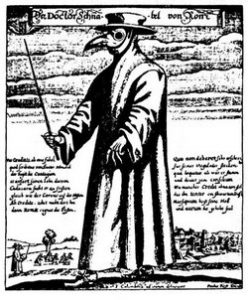 ryone was. This was just a little extra nervousness). I wondered: Would anybody want to publish a book about a plague during a plague?
ryone was. This was just a little extra nervousness). I wondered: Would anybody want to publish a book about a plague during a plague?
Well, it turns out the answer is yes. Much to my delight, my brilliant agent sent the manuscript to exactly the right editor. She fell in love with the book, and Roaring Brook Press will publish it in 2023!
And with luck and science (neither of which they had in 1350) our current plague will be only a memory by the time Wild Bird flies into bookstores and libraries.
